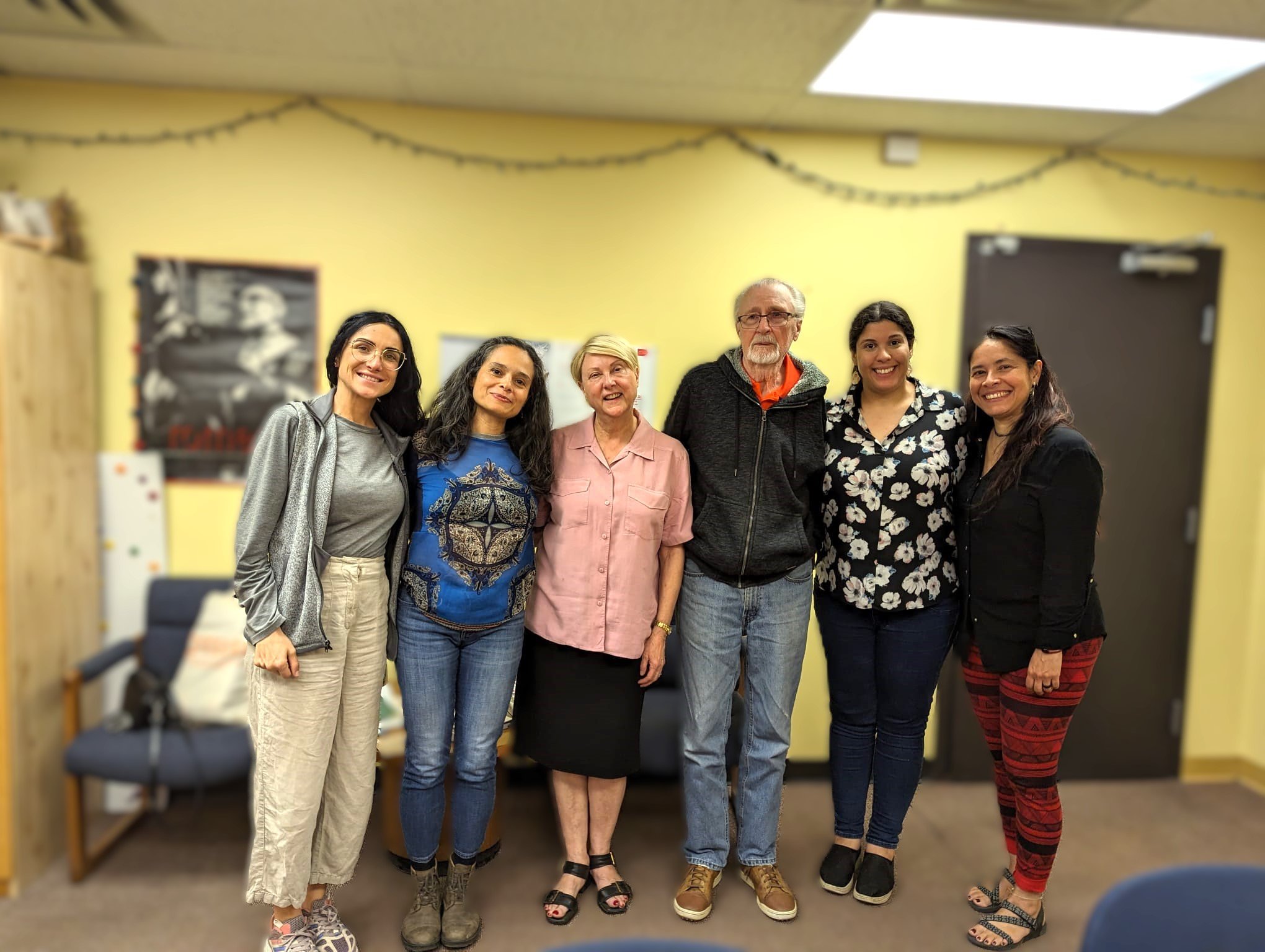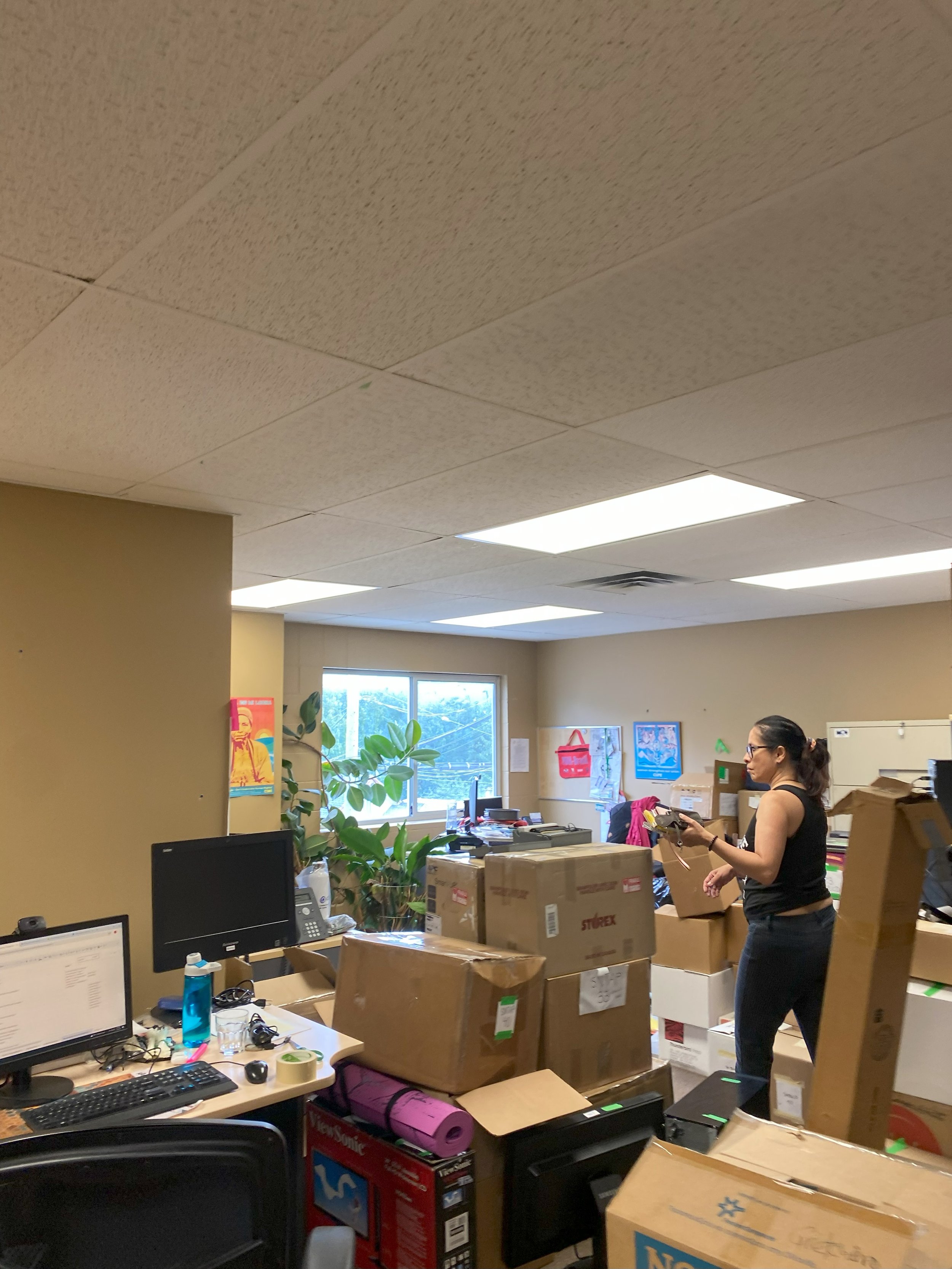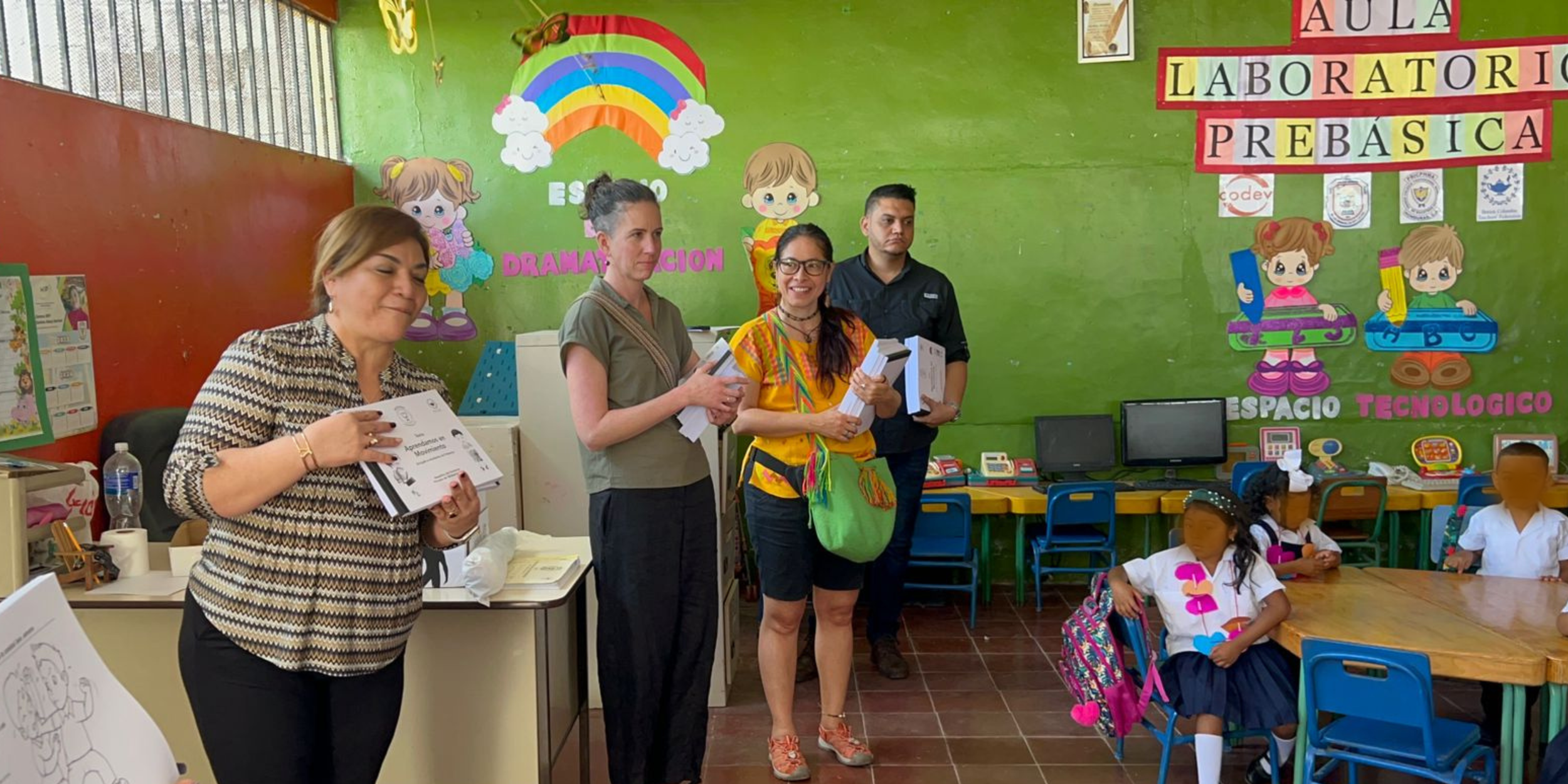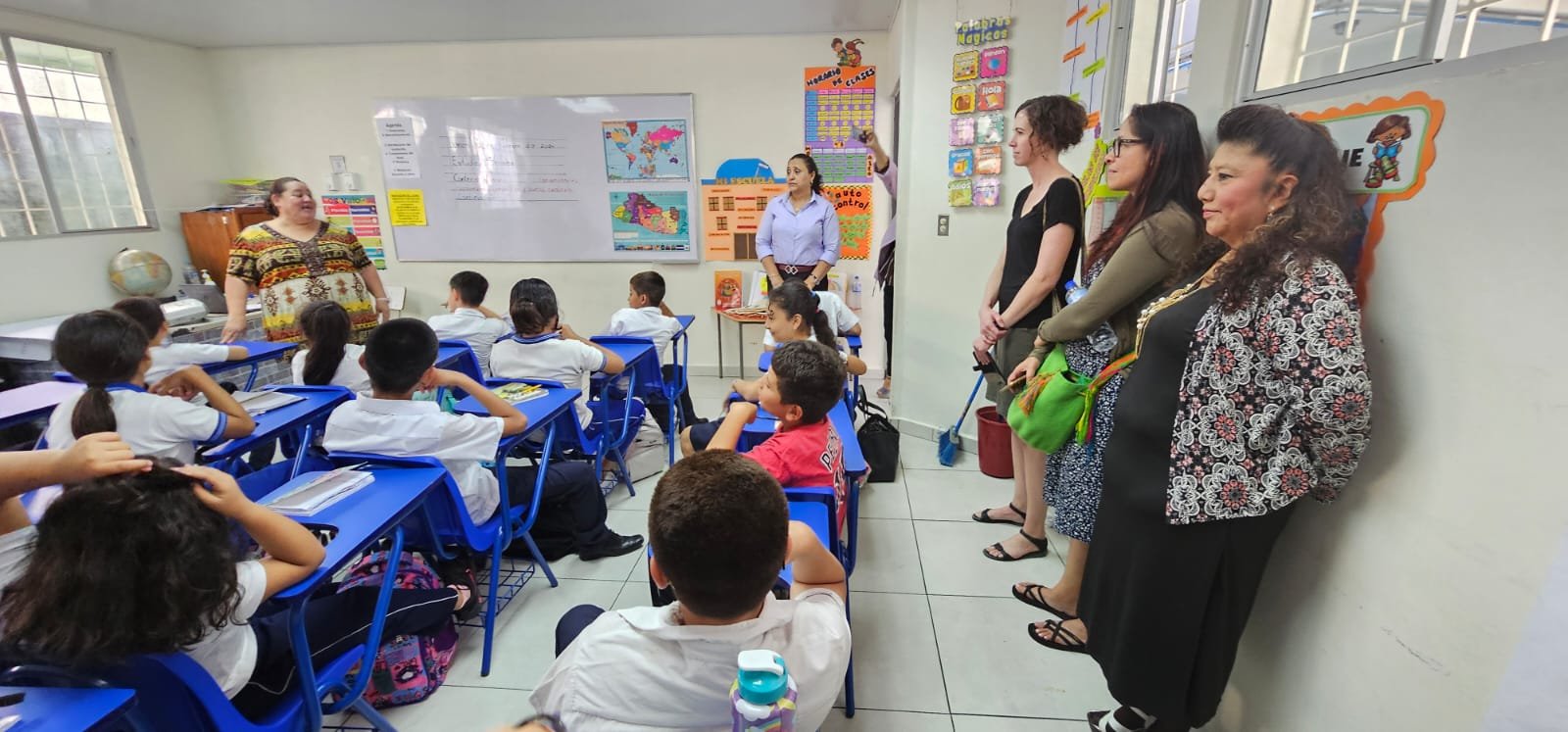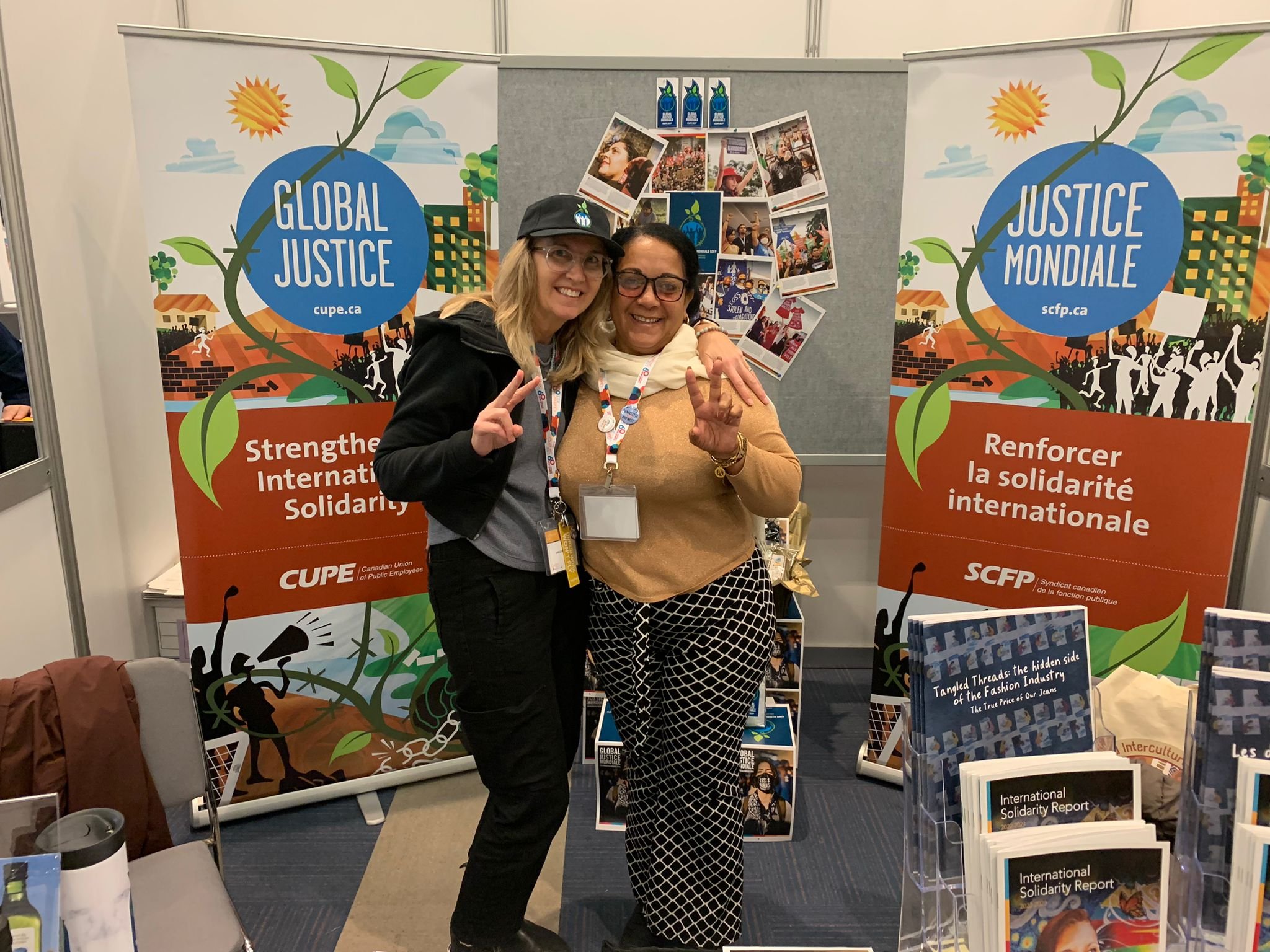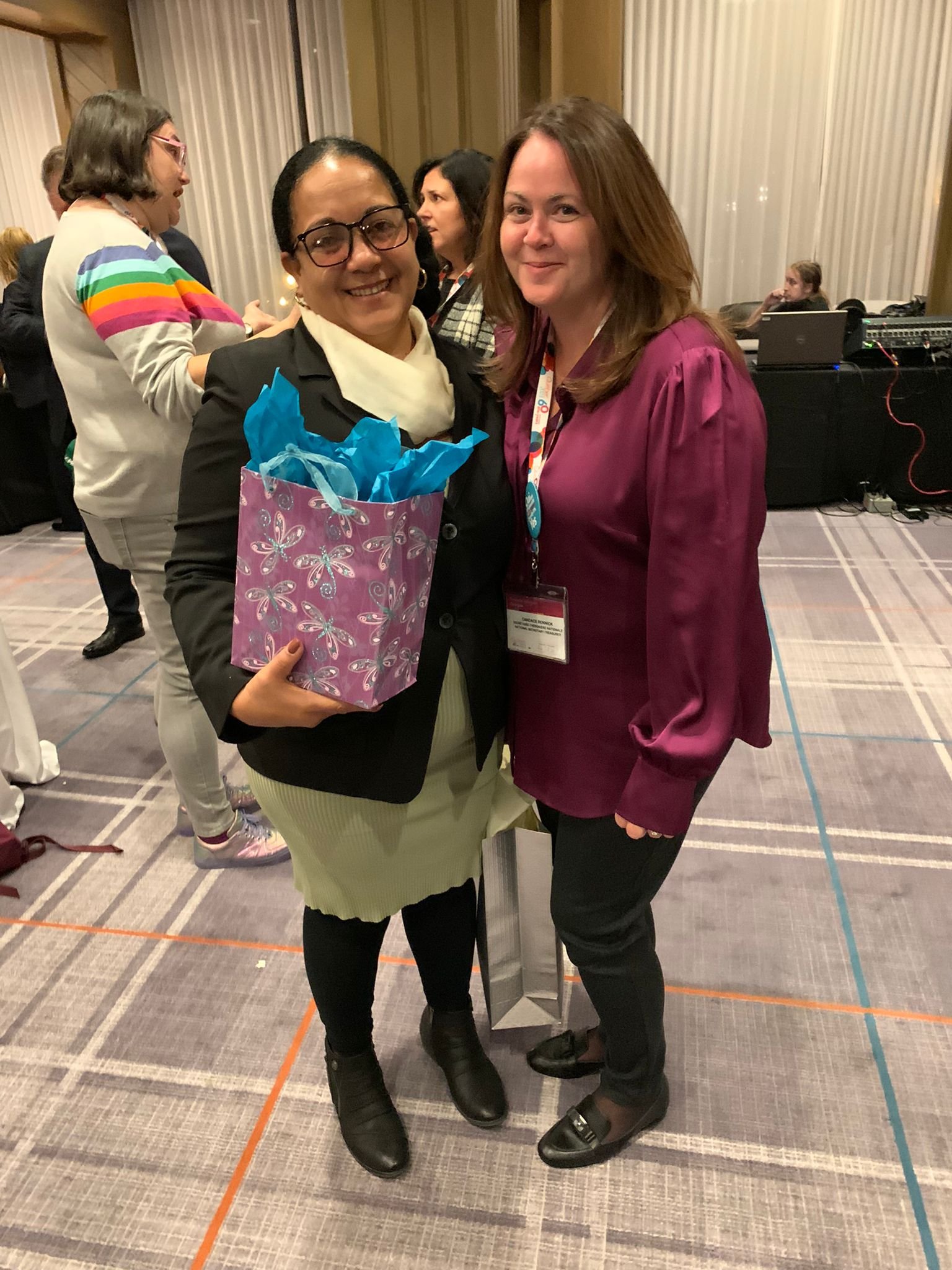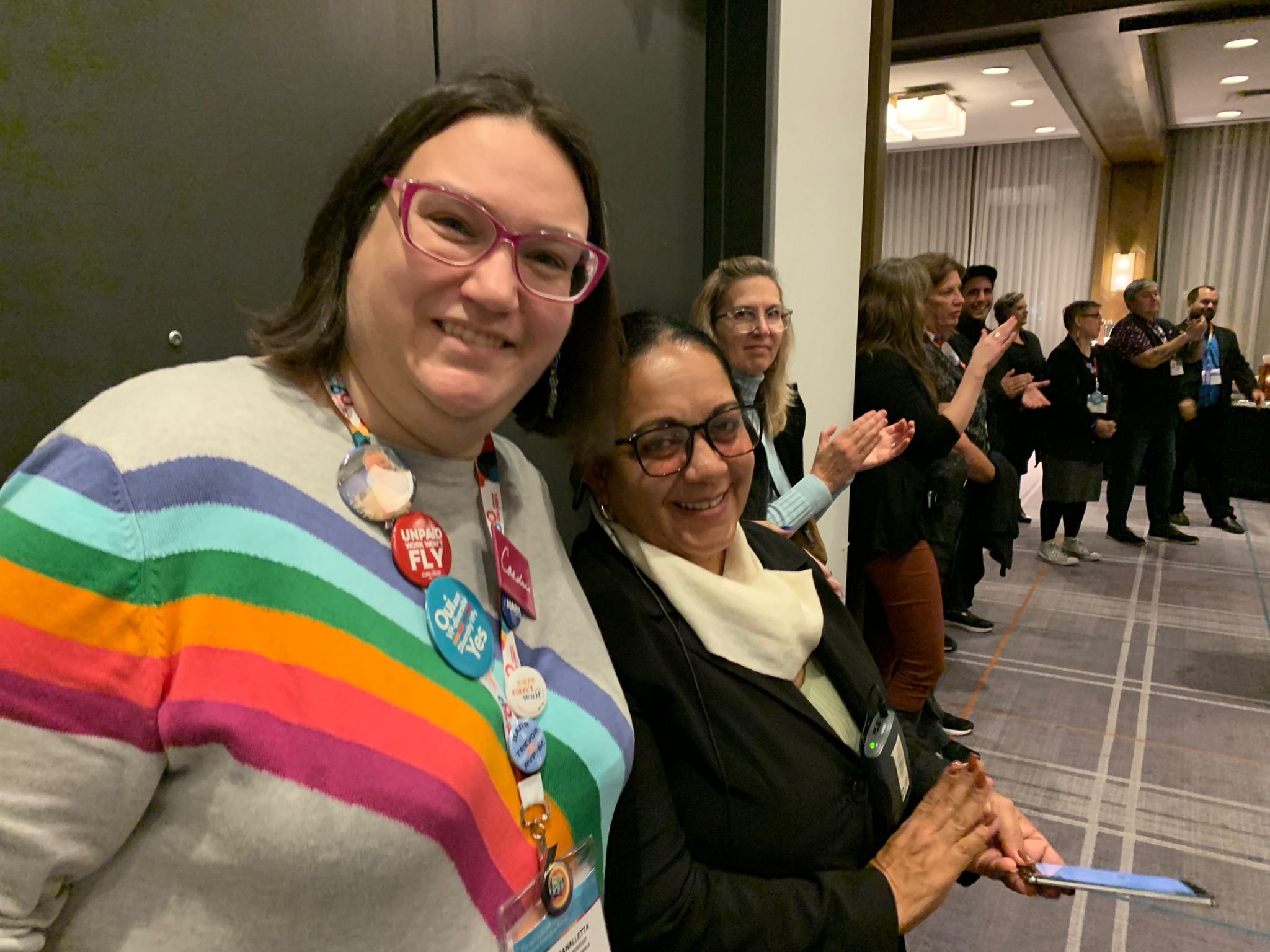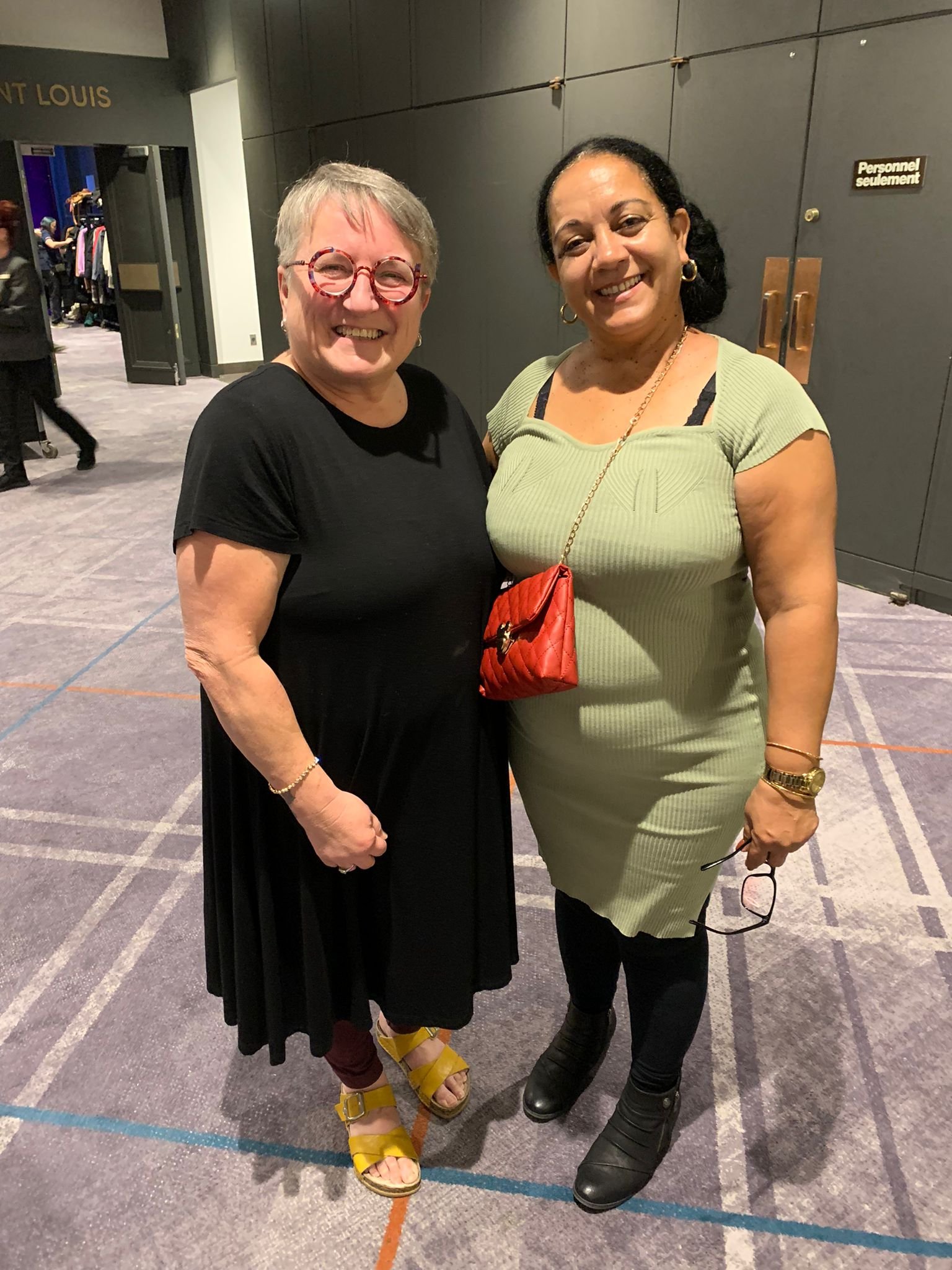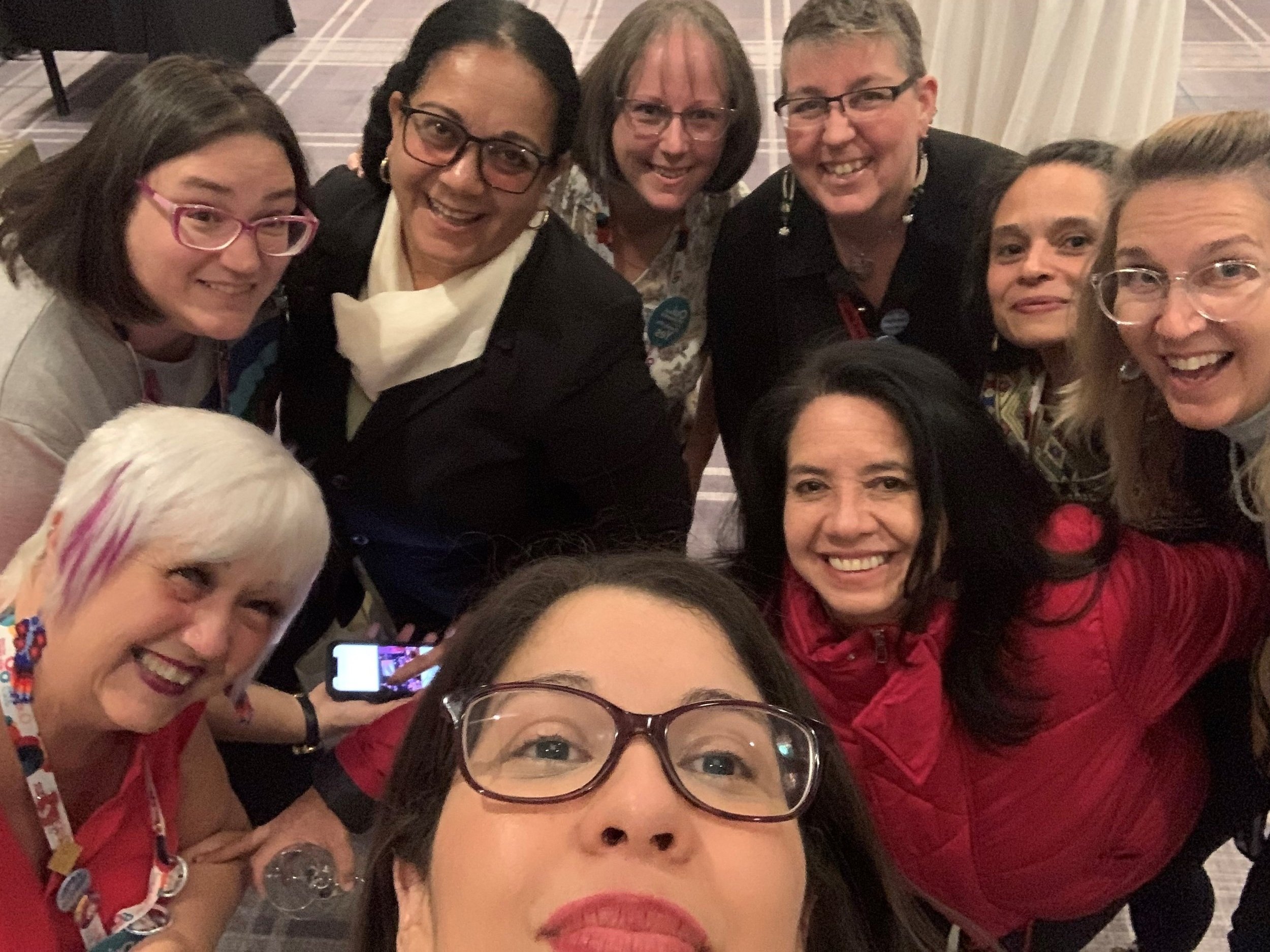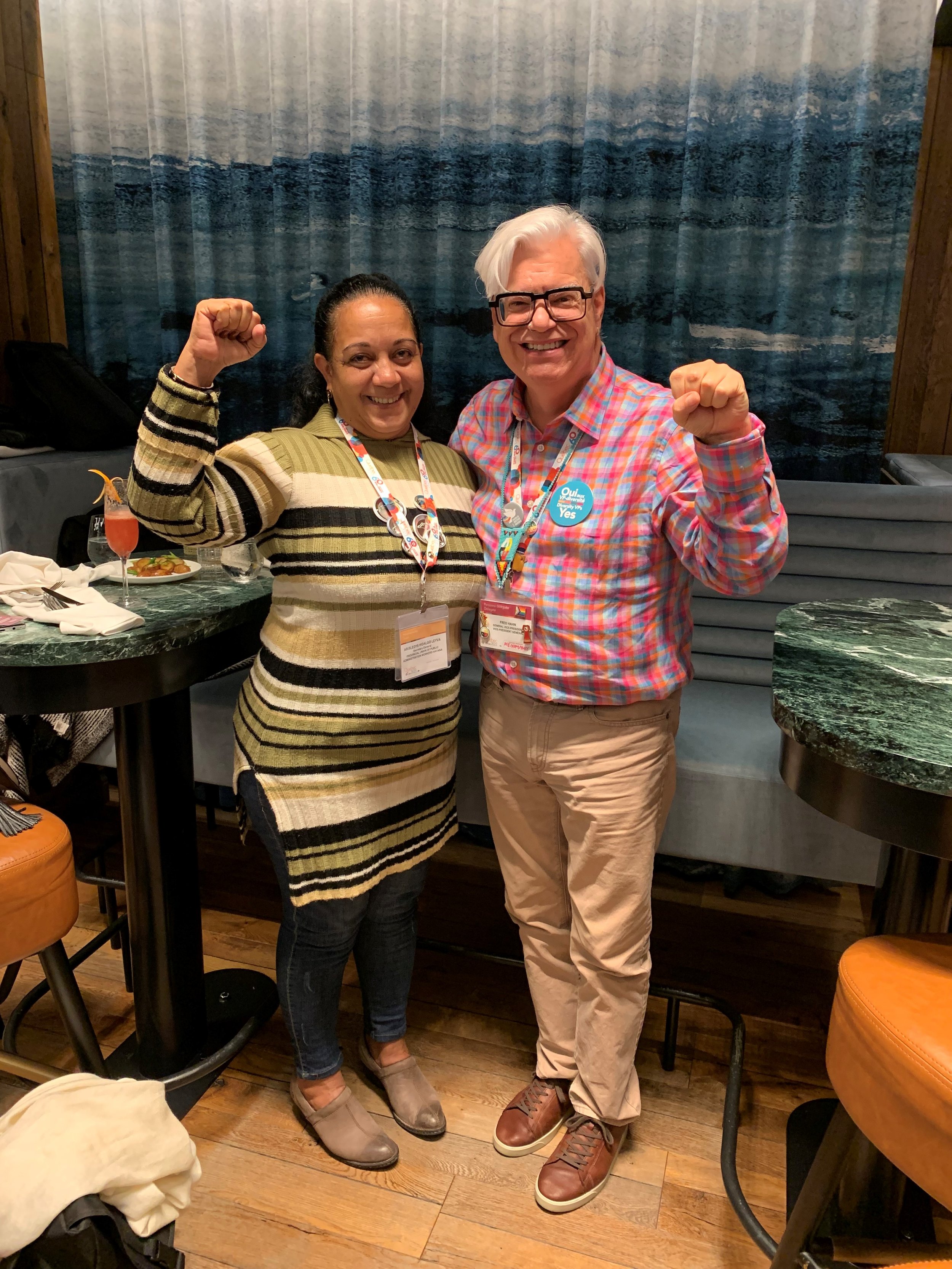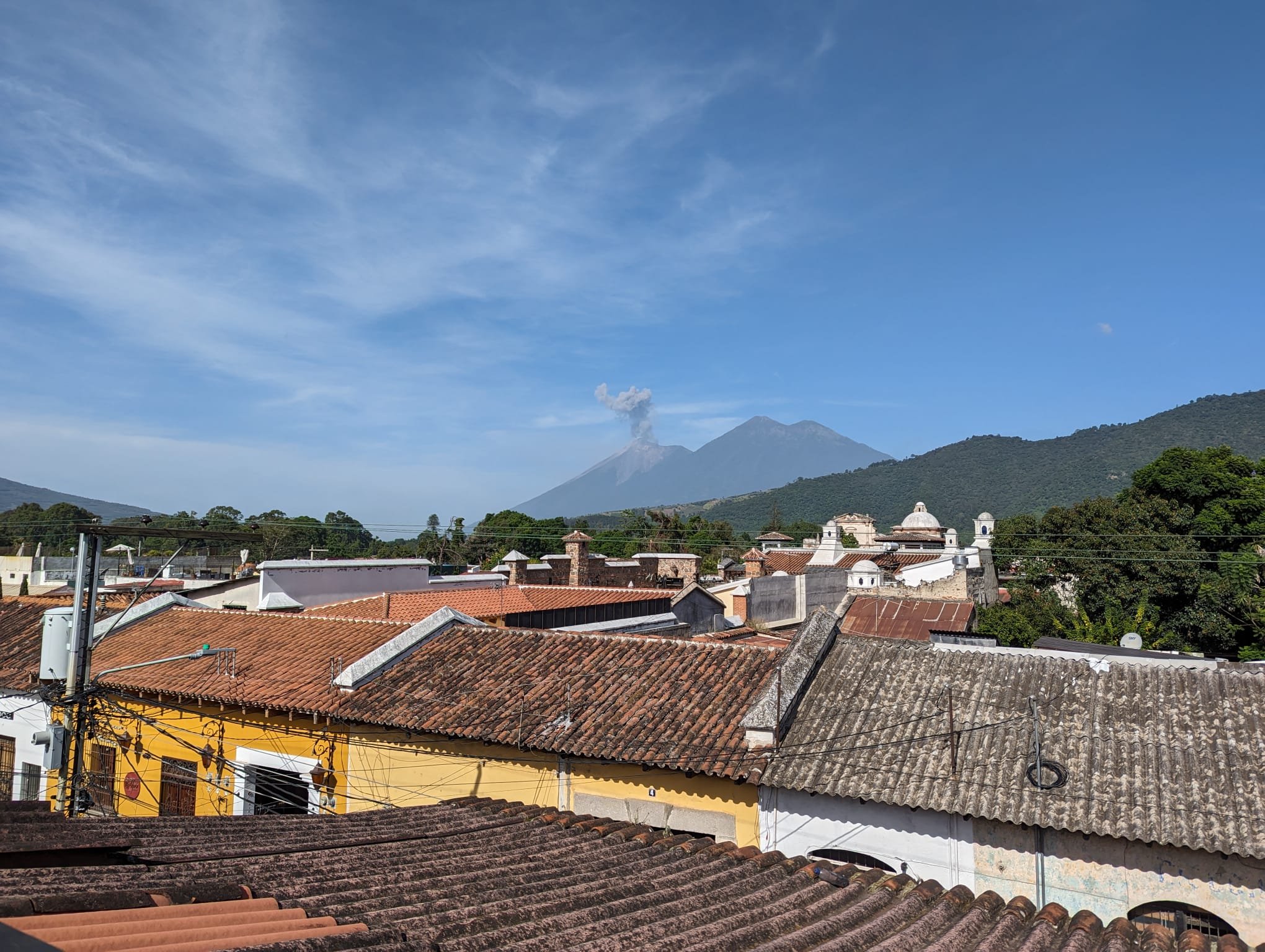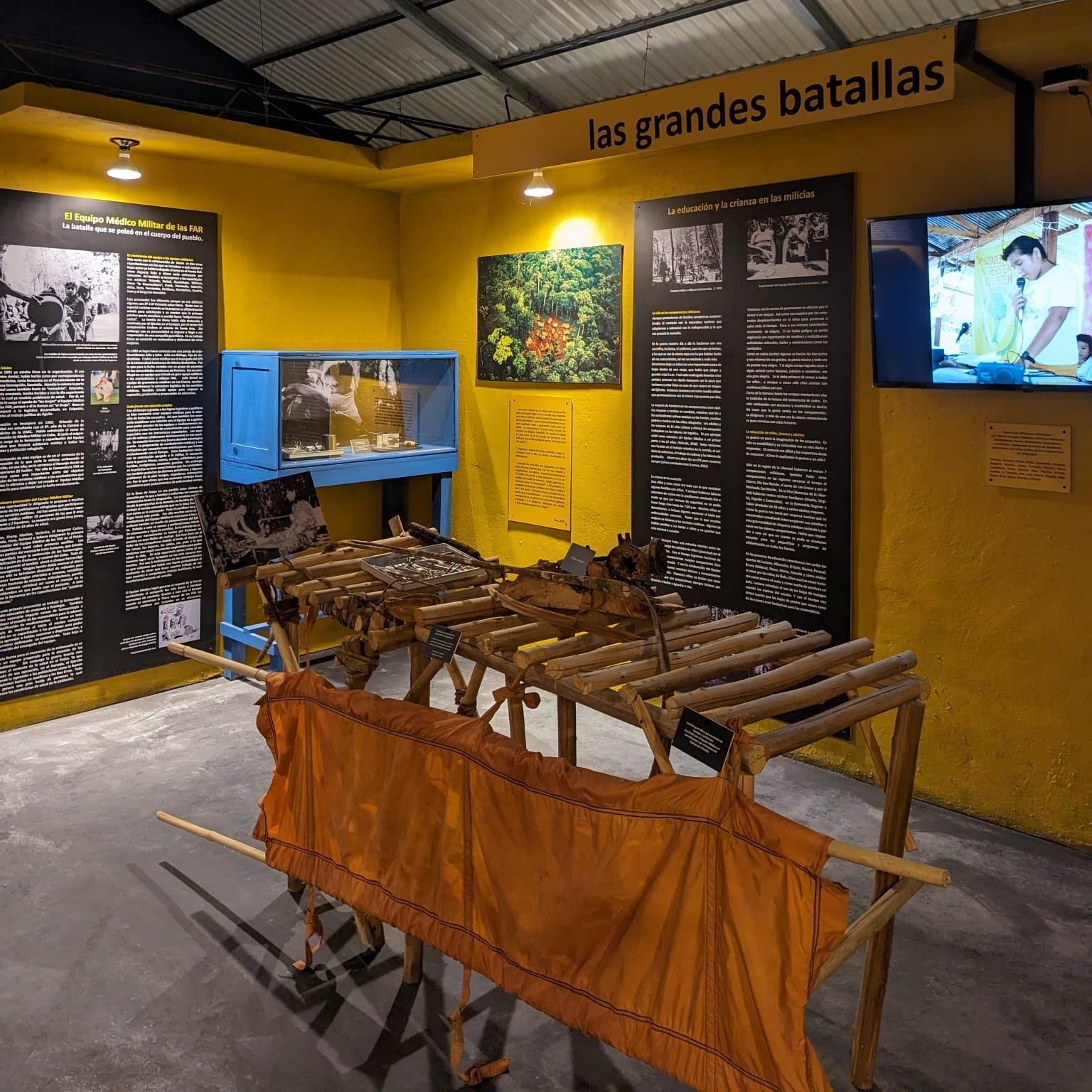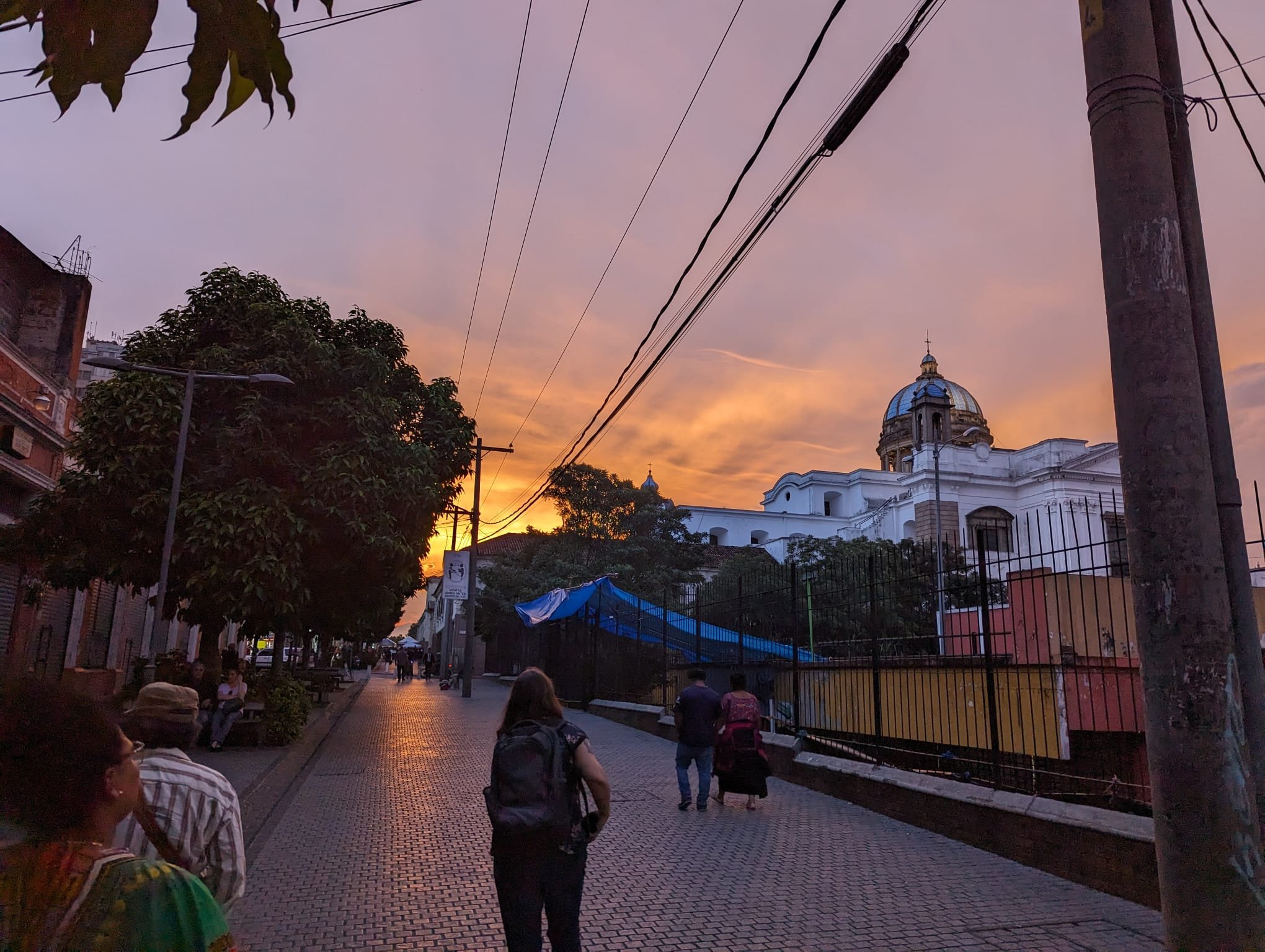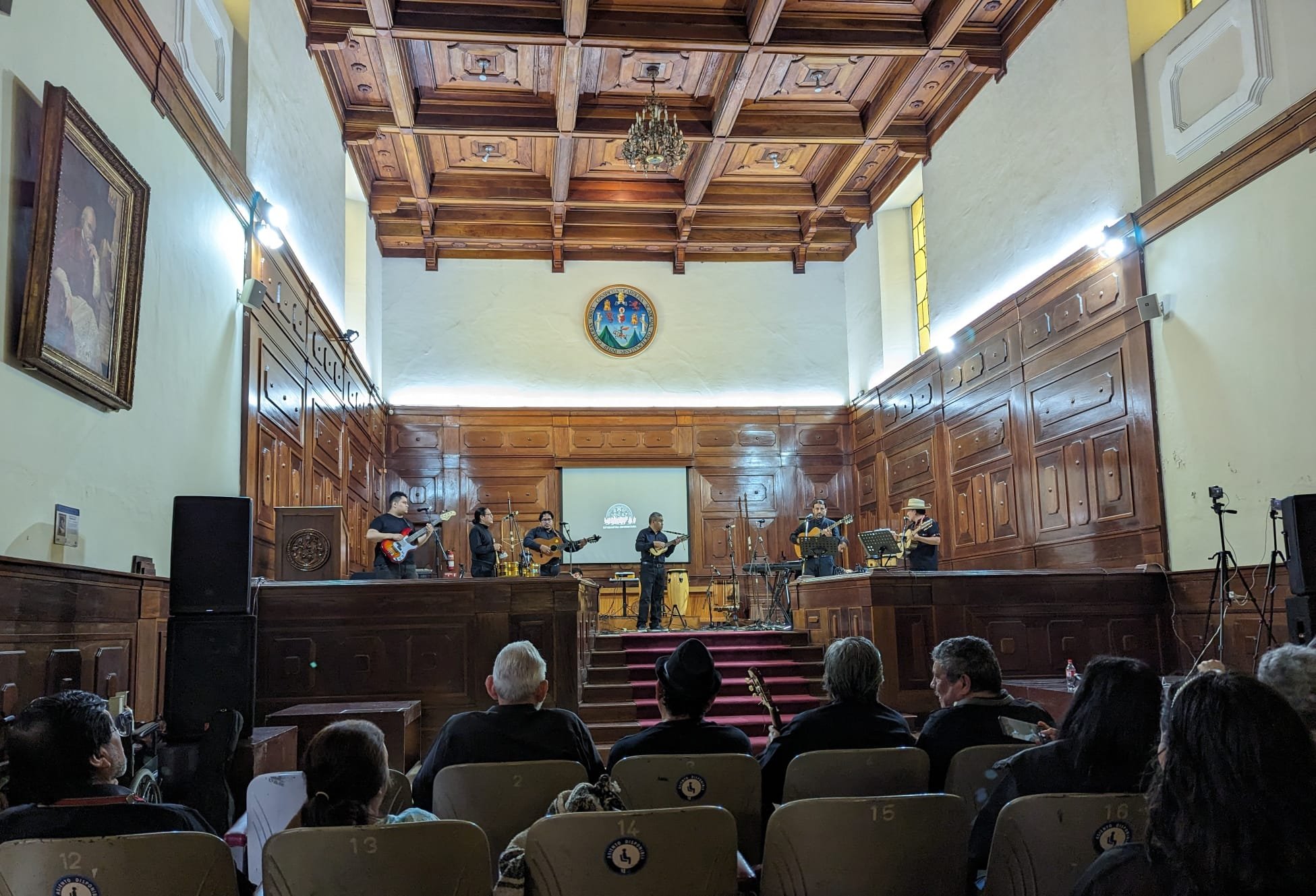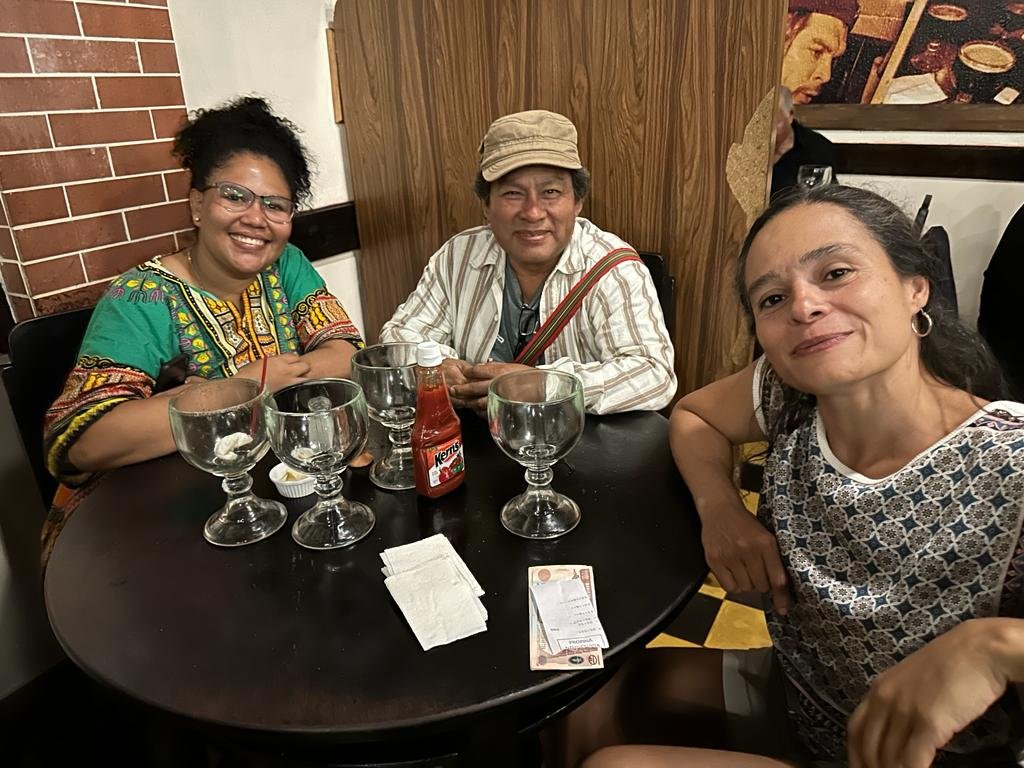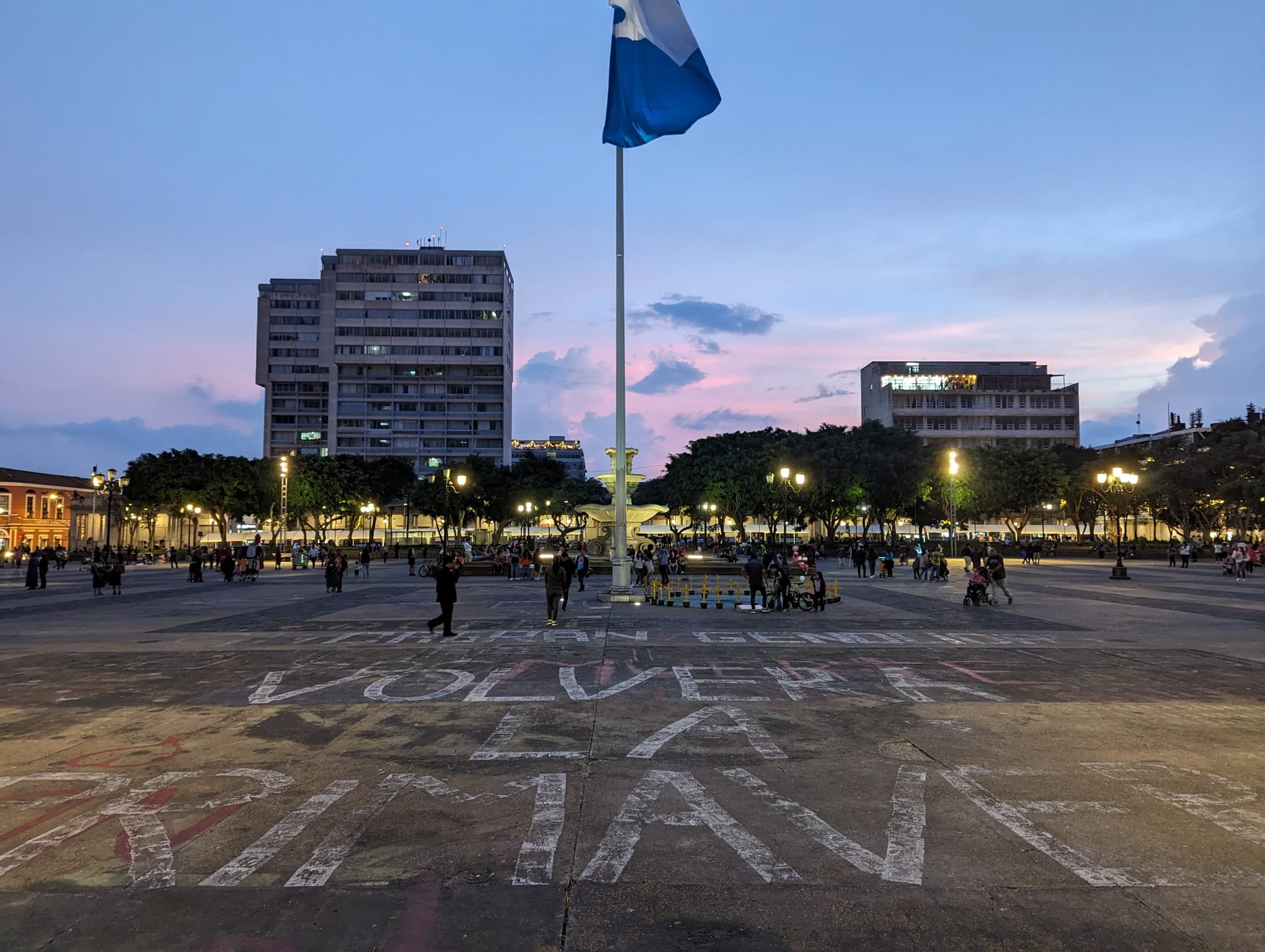Free the Santa Marta Five - International Speaking Tour Will Feature Events in Canada, USA, and Germany - Sep 23 TO oct 8, 2024
Trial of Water Defenders in El Salvador Begins October 8
Leading international groups, lawyers, and academics announce consecutive weeks of action to call on the Salvadoran government to drop charges ahead of Oct. 8 trial against five prominent water defenders known as the "Santa Marta Five."
upcoming public events in Canada:
September 23th:
Join us for an international press conference on September 23 at 1:00 p.m. (El Salvador time) for the official virtual launch of the weeks of actions, which is open to press and to the public.
PLEASE REGISTER HERE
September 25th: Countrywide rally near you on Wednesday, September 25 at 4:30pm LOCAL TIME, please notice that time can change for different locations.
Washington, D.C.: Embassy of El Salvador, 1400 16th St. NW
Ottawa: Embassy of El Salvador, 209 Kent St.
Toronto: Consulate of El Salvador, 425 Bloor St. E.
Vancouver: Consulate of El Salvador, 1111Melville St
To know more go to our Facebook event.
September 28th: Panel discussion: Climate Change, Mining, and the Defense of Water Rights in El Salvador.
This event is hybrid, at 6pm East Time at 60 Lowther Ave, Toronto, ON M5R 1C7, Canada
Or online via zoom at: https://us02web.zoom.us/j/88201574185
Guest speakers:
Bernie Hammond: Professor Emeritus, Western University Founder of the Centre for Social Concern and the Social Justice and Peace Studies program. Recently published research on the impacts of Canadian mining in El Salvador and Guatemala.
Ever Emmanuel Hernandez Martinez:
Community Water Systems Expert and member of the Association for Social and Economic Development "Santa Marta" in Cabañas, El Salvador
Context:
San Salvador, Washington, D.C., London, Paris, Santiago, Toronto/Vancouver/Ottawa/Guelph, Madrid, Berlin – International groups, lawyers, and academics have announced that they will engage in two weeks of action in various countries to call for dismissal of the legal case of the Five Salvadoran Water Defenders before their October 8-10 trial.
As their trial begins, actions in the United States, Canada, Spain, the United Kingdom, Mexico, France, Chile, and Germany among other nations will draw attention to calls for the dismissal of the politically motivated charges against five prominent anti-mining movement and community leaders.
The “Free the Santa Marta Five” International Speaking Tour will feature events in Canada, the United States, and Germany, September 23-October 7, highlighting international demands to drop the charges and emphasizing what is at stake for human rights and environmental rights in El Salvador.
The five prominent anti-mining movement and community leaders known as the "Santa Marta 5," Miguel Ángel Gámez, Alejandro Laínez García, Pedro Antonio Rivas Laínez, Antonio Pacheco, and Saúl Agustín Rivas Ortega, were all instrumental in the successful campaign to save El Salvador’s rivers from the threat of gold mining. With a unanimous vote in El Salvador’s National Assembly in March 2017, El Salvador became the first nation on earth to ban all metals mining.
In April, the presiding judge upheld charges of murder and illicit association against the five water defenders and dismissed a third charge of kidnapping.
Since the arrest of the five water defenders in January 2023, prominent organizations and individuals have led a national and international campaign spanning 31 countries demanding that the bogus charges be dropped and denouncing the political motivations behind their detention given the lack of evidence presented by the Salvadoran Attorney General’s office.
As highlighted in a crucial fact-finding January 2024 report, the national and international campaigns have also condemned the lack of legal rights and due process under the current “state of exception” imposed by President Nayib Bukele, and have warned about the intention of the Salvadoran government to reverse the historic 2017 nationwide ban on metals mining.
Beyond the lack of evidence, the Salvadoran government’s pursuit of this case in violation of the 1992 UN-led Peace Agreement and National Reconciliation Law is a serious blow to its credibility, and its claim that it remains a democracy.
Consider this:
In January 2024, a delegation of eight experts from Canada and the United States issued a report, detailing the lack of evidence in the case, and explaining the legal relevance of the amnesty. The report also highlighted the risk of the potential return of environmentally destructive mining, and the state of human rights under the Bukele administration.
Mary Lawlor, UN Special Rapporteur on Human Rights Defenders, and 17 US Congress Representatives have called for their release and the reinstatement of constitutional rights in El Salvador.
In December 2023, over 250 lawyers and academics signed a letter laying out the case for dropping the charges.
In January 2024, 245 organizations signed a petition which likewise laid out the case for dropping the charges.
This has led this broad range of international organizations and individuals to conclude that the reasons for the arrests were political, as all three documents listed above lay out extensive evidence that the Bukele administration would like to resume environmentally destructive mining activities.
“The Bukele government is clearly trying to intimidate civil society in El Salvador and their international allies through these intimidation arrests. This strategy hasn’t worked for 20 months and it won’t work in October,” said John Cavanagh of the Institute for Policy Studies.
“There is a well-documented pattern of criminalization across the Americas, where environmental defenders are slapped with unfounded charges in an effort to silence their opposition to mining and prevent their life-affirming work protecting water for future generations,” said Viviana Herrera, Latin America Program Coordinator at MiningWatch Canada. “We will continue to call for the charges against the "Santa Marta Five” to be dropped until they are free.”
The weeks of action are endorsed by: International Allies against Mining in El Salvador, Americas Policy Group/Groupe d’orientation politique pour les Amériques (APG-GOPA), the Central American Alliance on Mining (ACAFREMIN), Committee in Solidarity with the People of El Salvador (CISPES), CoDevelopment Canada, Earthworks Action, the Institute for Policy Studies, MiningWatch Canada, The United Church of Canada, the Public Service Alliance of Canada Social Justice Fund, the SHARE Foundation, and the Washington Ethical Society.
Press contacts:
John Cavanagh, Institute for Policy Studies: johnc@ips-dc.org, +1 (202) 297-4823
Pedro Cabezas, Central American Alliance against Mining (ACAFREMIN) and International Allies Against Mining in El Salvador: stopesmining@gmail.com, +503-7498-4423
Olivia Alperstein, Institute for Policy Studies: olivia@ips-dc.org, +1 (202) 704-9011
Viviana Herrera, MiningWatch Canada: viviana@miningwatch.ca, +1 (438) 993-1264
Christie Neufeldt, United Church of Canada: cneufeldt@united-church.ca, +1 (231) 7680 ext. 4078
Patricia Schavarosk, Codevelpment Canada, pschavarosk@codev.org, +1 (604) 708-1495 ext. 1






